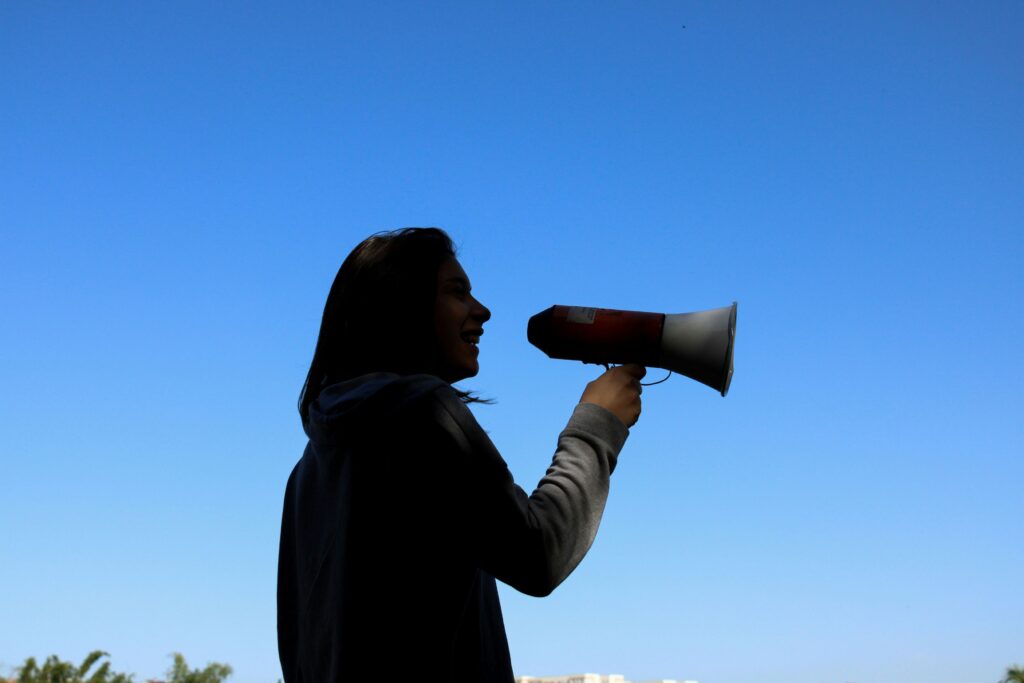Transform the culture
Build a culture that prioritises early childhood within businesses, local communities and wider society.

It really does take a village to raise a child. Businesses play a vital role in our communities and have enormous influence on the way we all live our lives. The business case presented by The Business Taskforce offers the opportunity for businesses to seize this moment to consider how to use their sway to create a culture that prioritises early childhood.
The Business Taskforce’s report reveals that investing in early childhood could generate £45.5 billion in value added for the national economy each year. Yet, public awareness of the importance of early childhood is mixed and private investment is limited.
Prioritising early childhood within wider culture will impact the future prosperity of our society; promoting social mobility across the UK and contributing to social cohesion through supporting people to live happy and healthy lives. Prioritising early childhood is essential for building a robust and sustainable economy – a place where business can thrive.
“This is our opportunity to create a happier, more productive workforce today and a future workforce equipped with the skills and resilience needed to thrive in the ever-more complex business landscape of tomorrow.”








